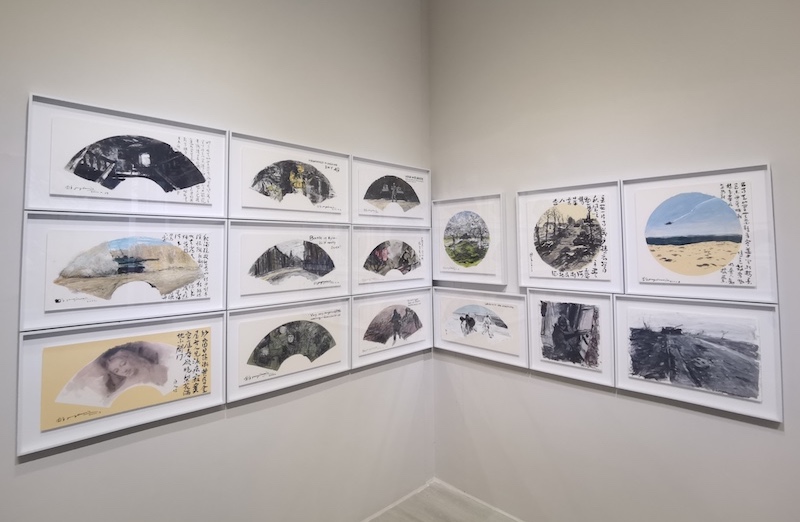The academic nature of this book comes over in its subtitle: “Essential Texts in Transnational Theory.” It's not for everyone; but as the first English-language discussion and translation of a fearless early Chinese feminist, it’s fascinating.
The introduction examines the arguments of He-Yin Zhen, a late Qing feminist writer, with particular attention to how they oppose the feminist essays of the far better known male writers Liang Qichao and Jin Tianhe. A ‘Historical Context’section situates Chinese feminism in the changing world of the time, and the main body of the book consists of He-Yin's writings. To better understand her views, Liang’s essay‘On Women's Education’ and Jin's ‘The Women's Bell’are also included.
Liang and Jin’s writing is straightforward to the modern reader; He-Yin's, dense with classical reference, demands more work, and footnotes clarify immensely. The main thrust is her “attack on the progressive male intellectuals of her time – men who championed women's education, suffrage and gender equality and who would have been her allies.” She argued that the trend of the times for Europeanization among Chinese intellectuals was the source of their newfound interest in the rights of women:
“These men think that they will be applauded by the whole world for having joined the ranks of civilized nations ... I am inclined to think that these men act purely out of a selfish desire to claim women as private property. Were it not so, why would a woman's reputation, good or bad, have anything whatsoever to do with them? ... This is what I call men's pursuit of self-distinction in the name of women's liberation.”
The early 20th century was obviously a politically fraught time in China, and part of the attempt to form a post-dynastic nation entailed a response to the “hypermasculinity” represented by the Western powers that had dominated through military power, along with their representation of China as barbaric and uncivilized.
He-Yin Zhen did not accept women's liberation as part of the project of building a strong state that would demand respect from the West; she saw this as a new form of subservience that continued to put women’s rights in the shade of state power. As subversively, she used the conventional Chinese summoning of textual authority through assiduous reference to classical works to go even further, as editors Lydia H. Liu, Rebecca E. Karl and Dorothy Ko note:
“He-Yin's attack on Confucianism – as textual practice, as a system of ethics and thought and also as a structure of sociopolitical and economic arrangement – is one of the first such comprehensive attacks in Chinese history.”
This is a debate that has plenty of contemporary relevance, and He-Yin Zhen's voice is a distinctly modern one. The editors of this book have done us a service by letting us hear it.
// The Birth of Chinese Feminism: Essential Texts in Transnational Theory, edited by Lydia H. Liu, Rebecca E. Karl and Dorothy Ko is published by Weatherhead Books. The book is available for $21.90 at Amazon.com.


















0 User Comments